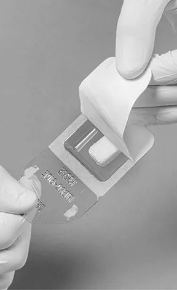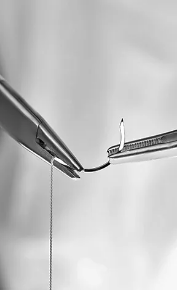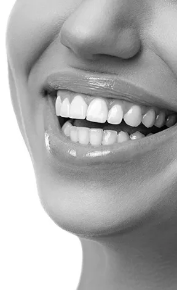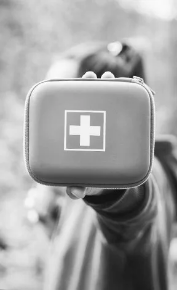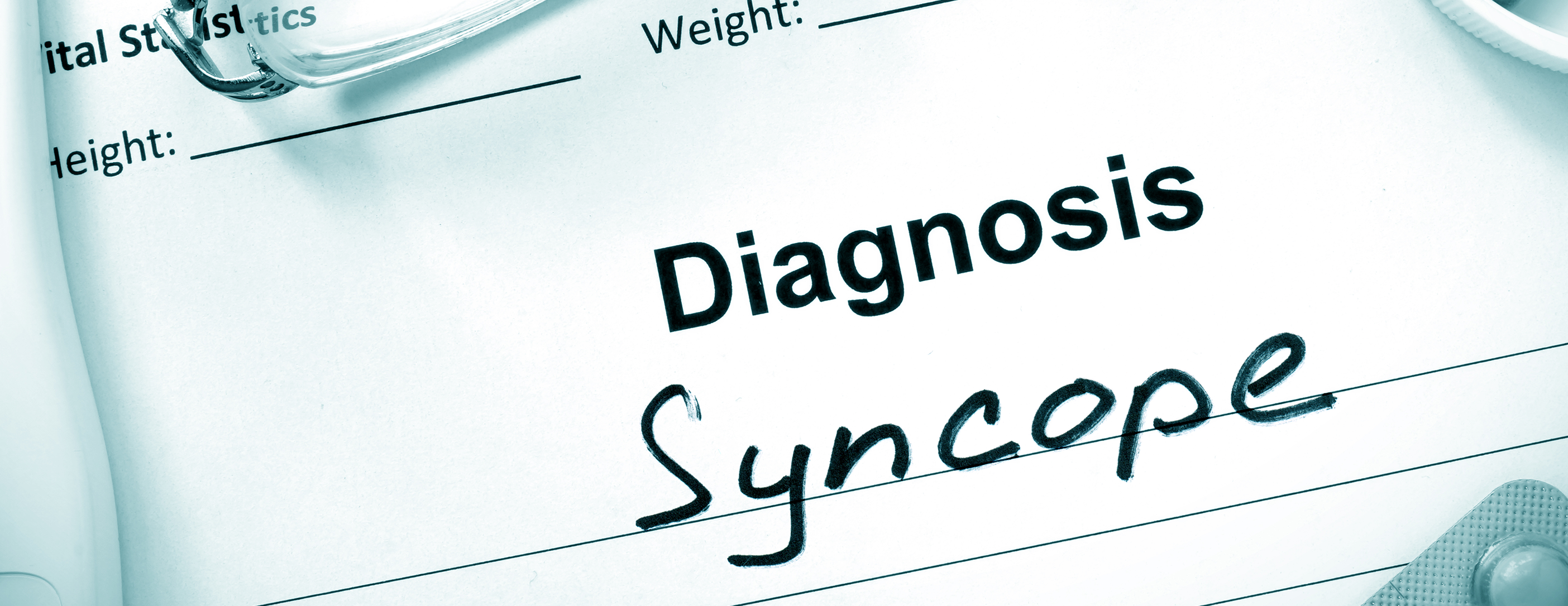Medical emergencies have been impacted by heightened levels of stress and anxiety that people are experiencing as we are still in pandemic times. As dental professionals it is important we get back on track and prioritize what to do when an emergency happens. Let's be prepared to save a life.
Medical Emergency Management in the Dental Office (MEMDO): A Pilot Study Assessing a Simulation-Based Training Curriculum for Dentists
Anesth Prog. 2021 Jesse W Manton et al
According to this next article, in the event of a medical emergency in the dental office, the dentist must be able to identify a patient in distress, assess the situation, and institute proper management. This is all well and good, but when an emergency does happen how prepared is everyone in the office from the front staff to back staff to successfully stop a medical emergency from escalating to something worse? It is a Canada-wide requirement for dental clinics to carry a medical emergency kit with drugs specific to medical emergencies that are commonly experienced in a dental setting. Of course, the office needs to ensure that all drugs are readily available and not expired but what else should the office be doing to ensure a successful outcome following an emergency? One of the most important things you can do is assign roles and responsibilities to each staff member and make a point to implement routine emergency drills, so that when the time comes everyone is confident, prepared, and ready to save a life. The following study assessed the impact of a simulation-based medical emergency preparedness curriculum on a resident's ability to manage medical emergencies as opposed to lecture-only sessions.
>> Click to access the article <<
Syncope in Dental Practices: A systematic Review on Aetiology and Management
J Evid Based Dent Pract. 2021 Irene Hutse et al
According to heart.org, “Syncope is a temporary loss of consciousness usually related to insufficient blood flow to the brain. It's also called fainting or "passing out” and it most often occurs when blood pressure is too low (hypotension) and the heart doesn't pump enough oxygen to the brain”. Syncope is also the most common medical emergency to occur in a dental office and a big reason for that is the fear and anxiety that patients often feel when coming to the office for treatment. Making your patient feel comfortable and safe however is hard to accomplish when you’re about to administer a local anesthetic, another factor that plays a strong role in triggering syncope. This next article aims to provide a systematic review of the current evidence surrounding the aetiology and management in terms of treatment and prevention of syncope in dental practices as well as discusses the association between syncope and local anesthetics.

